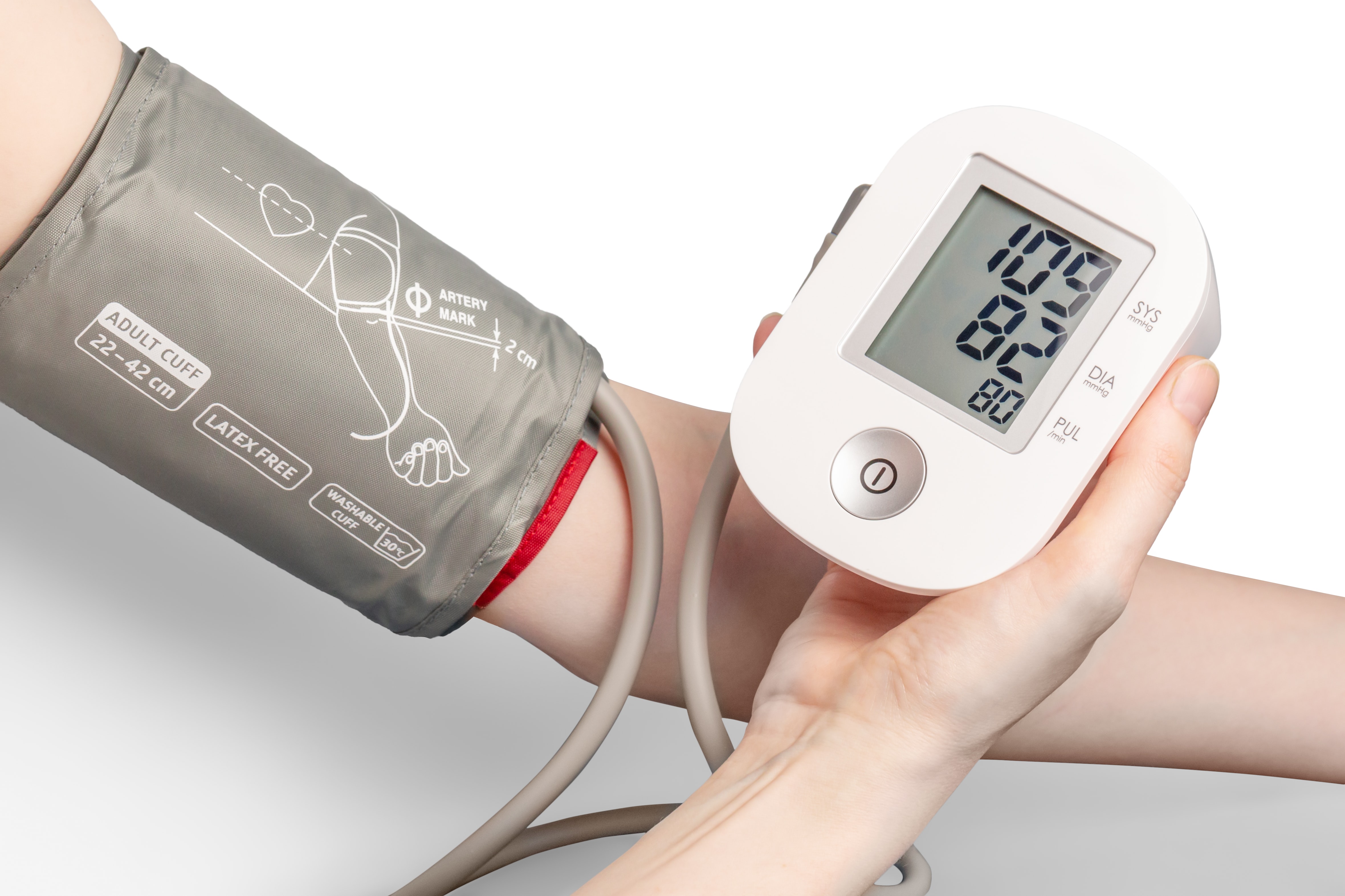News release
From:
New research from Macquarie University has shown that renal denervation for high blood pressure is ineffective at treating the condition in patients with early onset polycystic kidney disease (PKD).
Renal denervation – surgically destroying the nerves which run to the kidney to reduce high blood pressure – has had success in animal and human trials, and two devices are approved for use in Australia. However, several subsequent trials suggest this new surgical approach does not work for all patient groups. The new evidence published in Scientific Reports today shows patients with early onset PKD are one such group.
Child onset genetic kidney diseases such as PKD are rare (1 per 20,000 live births) but three-quarters of patients will go on to develop high blood pressure. Lifestyle interventions such as diet and exercise are not always effective as the disease progresses, and patients will often require medication to regulate their blood pressure and reduce the risk of heart attack, stroke and cardiac arrest.
The researchers used an animal model of early onset PKD to test the effectiveness of the procedure. Lead author Professor Jacqueline Phillips from Macquarie University’s Department of Biomedical Sciences says their research found that while the procedure itself did not cause any worsening of the kidney disease, it did not reduce blood pressure or change the level of the renin angiotensin system.
“Currently renal denervation is used for patients with high blood pressure who do not respond to lifestyle interventions and multiple medications,” says Professor Phillips.
“Patients with PKD, including kids with the juvenile forms, fall into this category. It’s important for clinicians to be aware of our work that shows that renal denervation is unlikely to be ineffective in these cases of early onset PKD and to consider very carefully using what might be an unnecessary procedure in these patients.”
The research team at Macquarie University is investigating many of the possible mechanisms causing high blood pressure in PKD, to continue the search for an effective treatment for these patients.



 Australia; NSW
Australia; NSW



